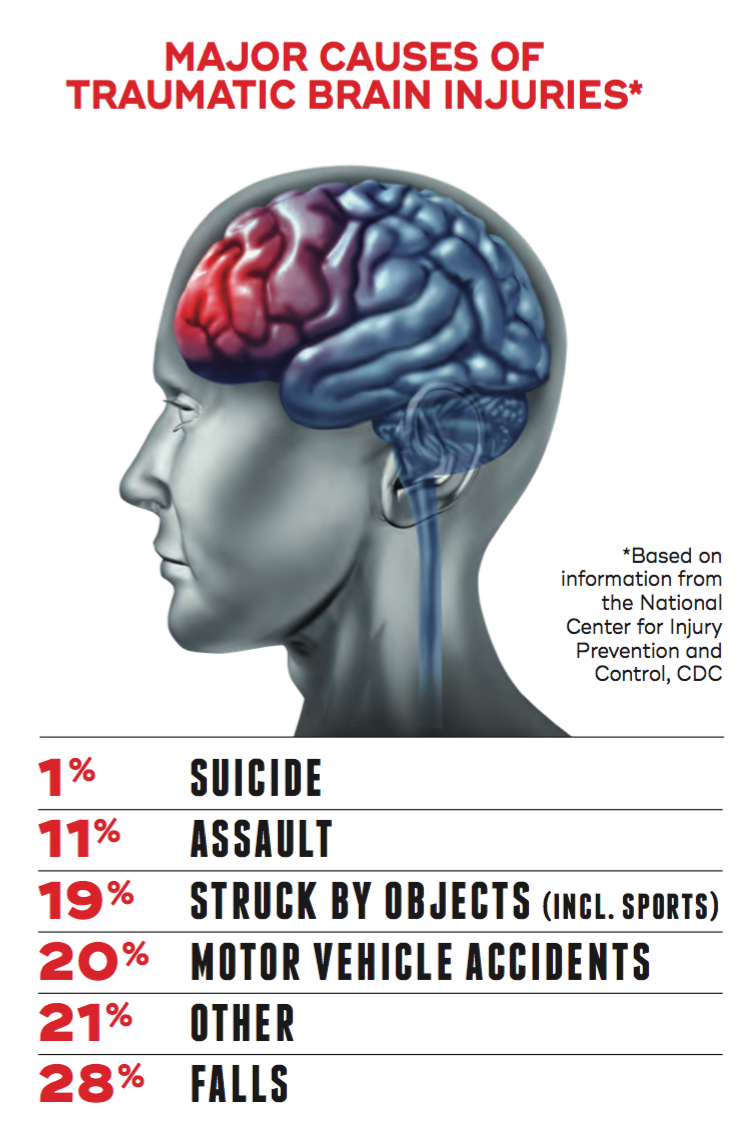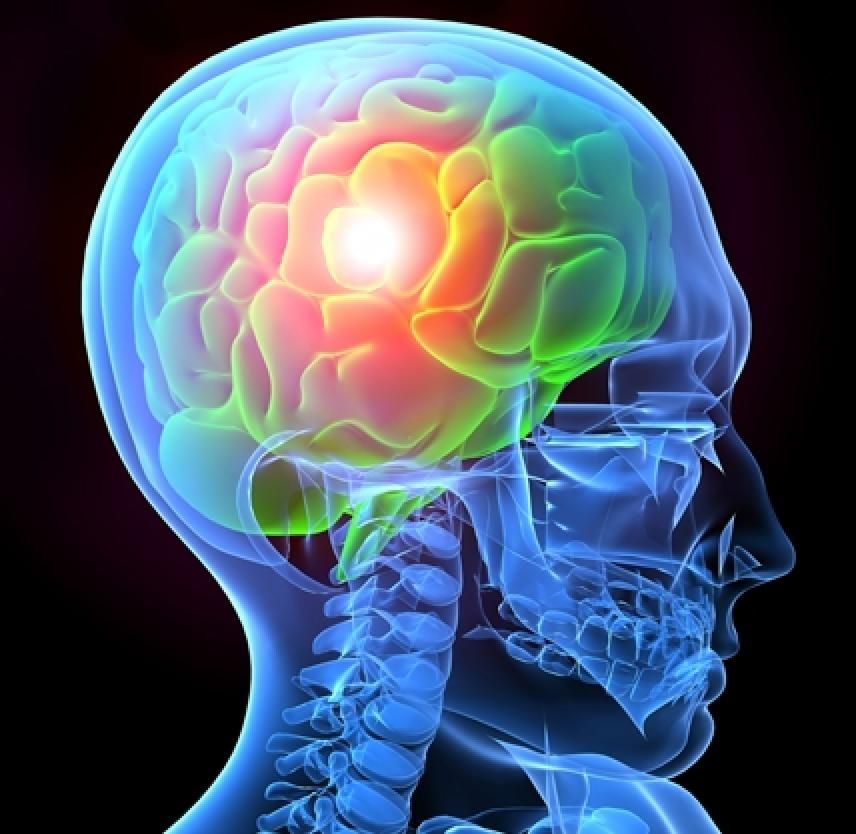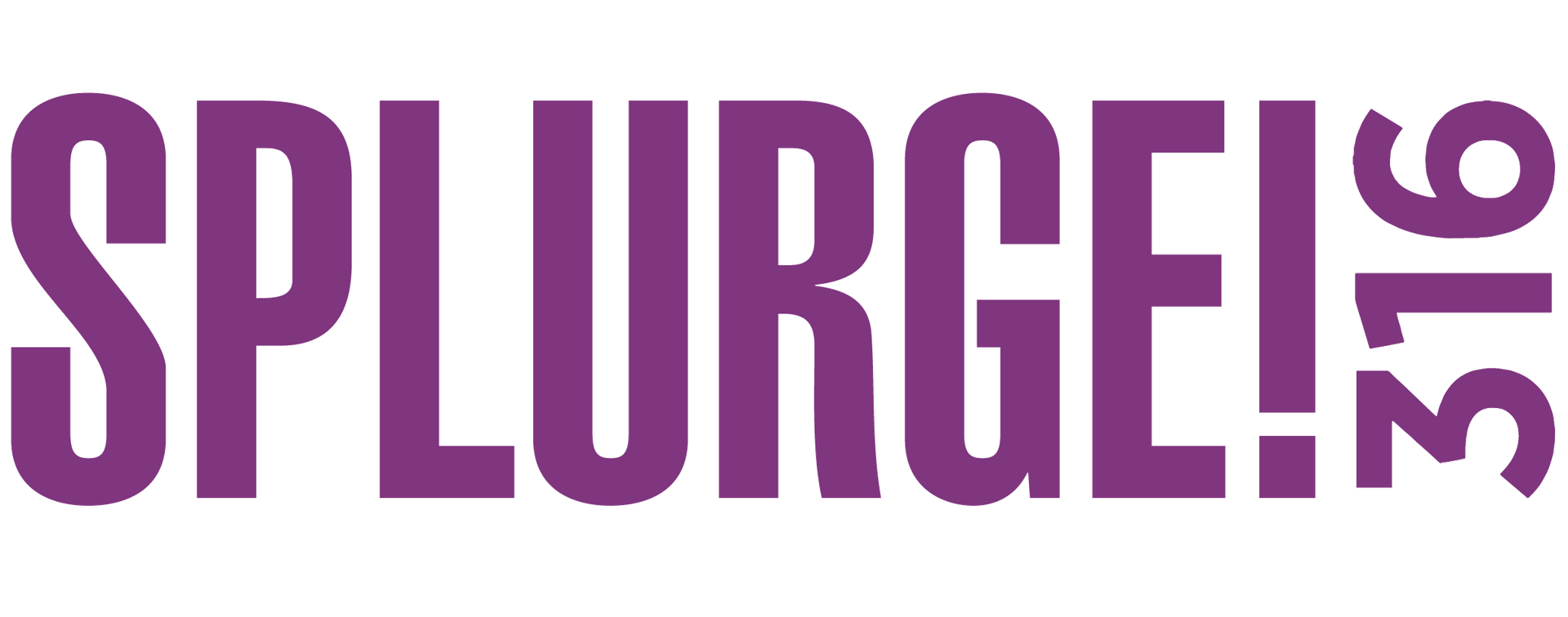March Is
Brain Injury Awareness Month
What is a Brain Injury
and How You Can Help
Written by Julie Underwood Burton
What is a Brain Injury and
How You Can Help
Written by Julie Underwood Burton

Where to Find Them
The Coterie Collective
437 S. College
Hesston, KS 67062
316.835.9300

March is designated as Brain Injury Awareness Month with hopes of raising awareness about brain injuries and the support available to brain injury survivors whose diagnosis is often ignored or misdiagnosed.
Brain injuries contribute to death and disability globally more than any other traumatic incident. In the U.S. alone, according to the Brain Injury Association of America, more than 5.3 million individuals are living with a permanent brain-injury-related disability, which is almost one in every 60 people.
A traumatic brain injury, (TBI) refers to any damage to the brain after birth, and can result from a traumatic event such as a fall, accident or assault. A non-traumatic brain injury (NTBI) can be caused by a non-traumatic medical occurrence such as a stroke, Alzheimer’s, tumors or lack of oxygen to the brain.
‘We are seeing an alarming number of patients seeking our care for head injury and concussion-related symptoms.’ — Dr. Seberger, Cognitive Performance & Health
The effects of brain injury can vary widely. Some people can recover quickly after minor head injuries, while others may experience longer-term effects and require longer rehabilitation. Rehabilitation does play a critical role in minimizing long-term impact of brain injuries by helping survivors learn alternative ways to function and cope with remaining disabilities.
Jennifer Osburn, executive director at Brookdale Senior Living explains, “Throughout your life, your brain’s job is to help you make sense of the world and oversee your daily operations. When diagnosed with dementia or Alzheimer’s disease, your brain’s ability to do these everyday tasks decreases over time.” At Brookdale East, residents participate in a Brain Health Program, which is designed exclusively to teach new learning projects that keep the brain active. Residents choose from five areas determined to enhance brain health, including art, performing arts, learning a language, technology or purposeful projects.
Brain injuries are complex, and each case is unique. Seeking professional guidance and understanding the practical issues associated with a traumatic brain injury is essential for those affected and their loved ones. But often, survivors and their families do not know where they can seek help as they navigate their lives affected by a brain injury.
Founded in 2022, Wichita’s Coterie Collective is a collaborative group of organizations who work together synergistically to provide a full-service approach to helping families understand and heal from brain injuries. Founder and CEO Stacy Zablocki explains, “The family model is disrupted after a traumatic brain event, and our goal is to come together as a team to educate and help individuals, families, court systems, police, attorneys, therapists, teachers and case workers learn about brain injuries.”
“Stacy was willing to take our daughter in and give her a safe place to stay; we needed to figure out what was going on with our daughter. After testing, it was discovered our daughter had a TBI from a previous car accident. The Coterie Collective helped us coordinate brain therapy, and that is when we finally saw a breakthrough. I am forever grateful to them for bridging the gap between crisis and miracle.” — Testimonial from Jessika, Coterie Collective client
Coterie Collective, with its affiliated organizations and case managers, focuses on a process called brain mapping. This process provides an accurate description of the neurological condition, plus gives the caseworkers a deeper understanding of root causes which enables workers to successfully identify specific services that they can put in place to help the individual.
“Medication is used for certain diagnosis, but the goal is to come from a more holistic approach to give the brain the best chance for recovery,” adds Zablocki.
Organizations and individuals that Coterie Collective partners with include:
• Core Case Management, LLC
• The Bison Foundation
• Dr. James Seberger, Cognitive Performance & Health
• Fountain of Life Ministries
• Mind Mesh Technologies
• Inspire Health and Performance
• Gritty Grace
Family members and survivors affected by brain trauma often do not see a way out and often report feeling sad, anxious, angry and frustrated. This collaborative team has joined together to help these individuals by identifying the correct diagnosis and service needed, and have proven they can further help brain injury survivors.
During Brain Injury Awareness Month, individuals are encouraged to get involved by:
• Sharing their story of a loved one they know affected by a brain injury
• Become educated and gain another perspective about brain injuries
• Become an advocate by wearing green on designated awareness days
• Engage with brain injury support groups
• Offer your time, resources or a listening ear
• Contribute to organizations or research institutions working on brain injury research
Survivors and those affected by brain injuries are also encouraged to speak out and share their stories, plus make plans to attend the Brain Injury Awareness Conference held March 28 at Aloft at 7 p.m. For conference information, call 316.835.9300 or to register, go to thebisonfoundation.com.
For more information about the Coterie Collective, go to thecoteriecollectivegroup.com or call Stacy Zablocki at 316.316.835.9300.
SUBSCRIBE TO SPLURGE!
Thank you forsubscribing to Splurge! Magazine
Please try again later.
ADVERTISE WITH SPLURGE!
Send us your contact information & we’ll schedule an appointment with you as soon as possible!
